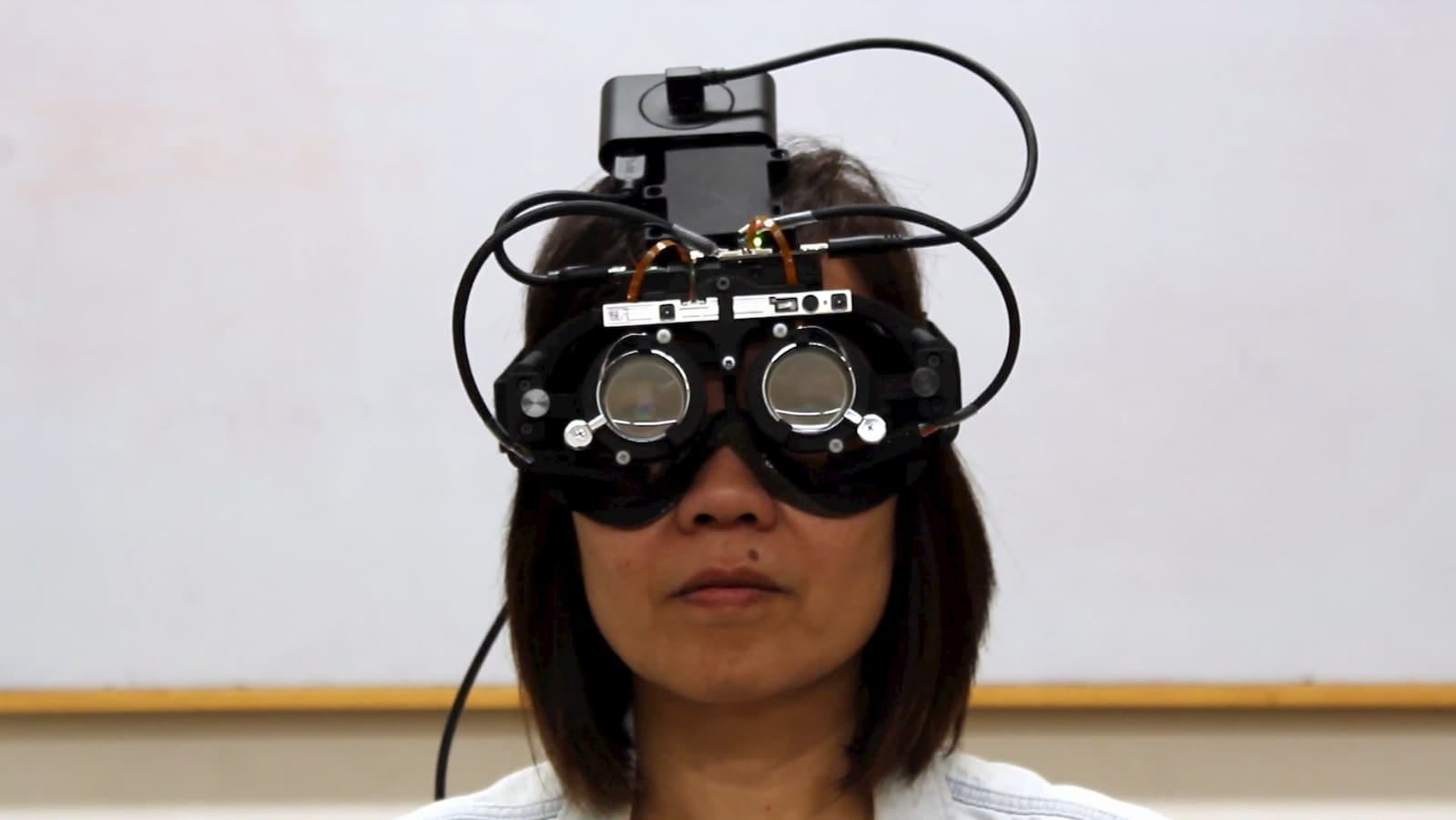 Researchers at Stanford University have created glasses that track your eyes and automatically focus on whatever you're looking at. The so-called autofocals, detailed in a paper published in the journal Science Advances, could prove a better solution...
Researchers at Stanford University have created glasses that track your eyes and automatically focus on whatever you're looking at. The so-called autofocals, detailed in a paper published in the journal Science Advances, could prove a better solution...
Researchers create eye-tracking glasses that auto-focus where you look
 Researchers at Stanford University have created glasses that track your eyes and automatically focus on whatever you're looking at. The so-called autofocals, detailed in a paper published in the journal Science Advances, could prove a better solution...
Researchers at Stanford University have created glasses that track your eyes and automatically focus on whatever you're looking at. The so-called autofocals, detailed in a paper published in the journal Science Advances, could prove a better solution...
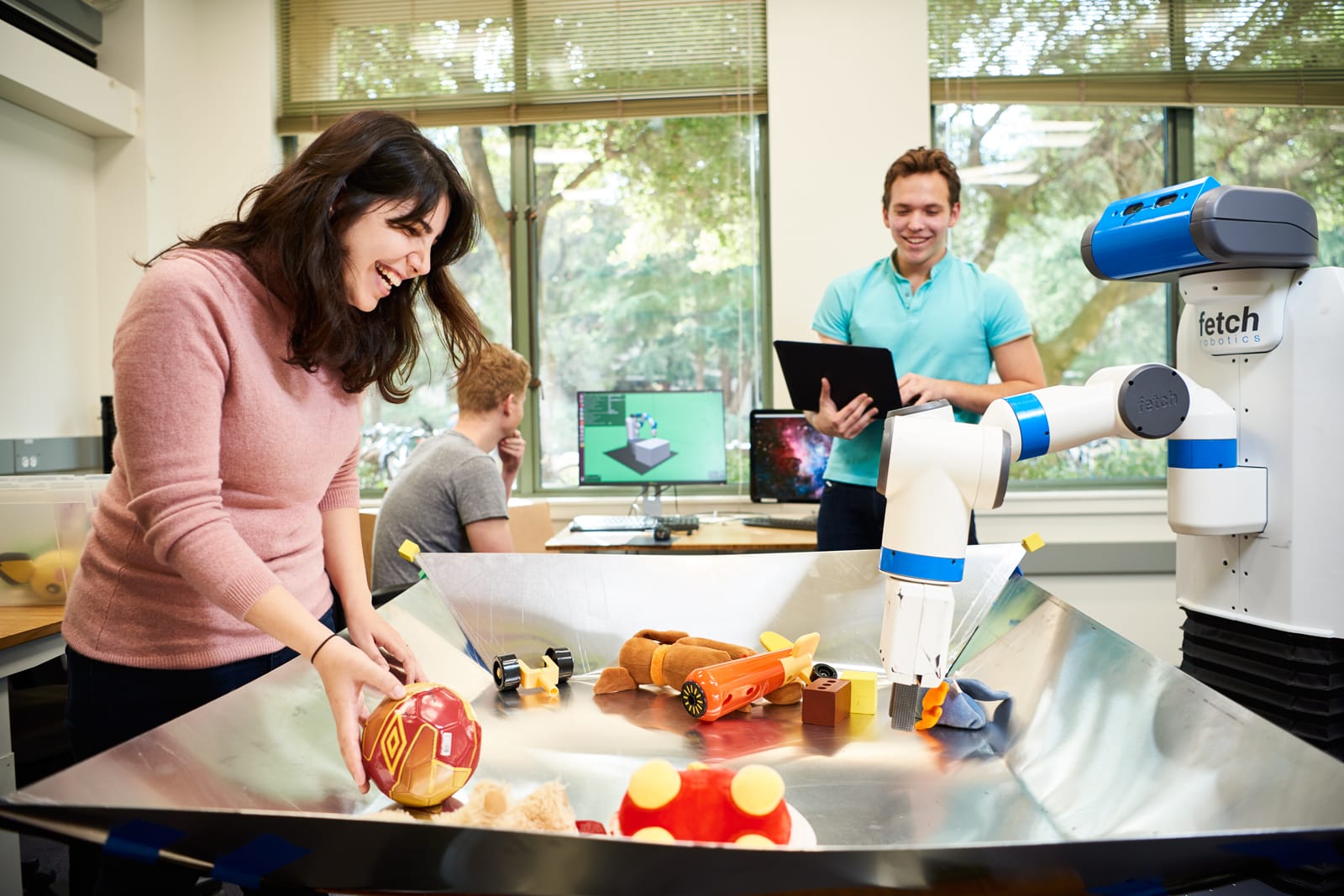 Stanford is joining the rush to create AI research hubs, albeit with a slight twist. The university is opening the Institute for Human-Centered Artificial Intelligence (HAI for short) with the goal of drawing input from across the university and acr...
Stanford is joining the rush to create AI research hubs, albeit with a slight twist. The university is opening the Institute for Human-Centered Artificial Intelligence (HAI for short) with the goal of drawing input from across the university and acr...
 Stanford has released the results of its Apple Watch-based heart study more than a year after it began, and it appears to have been a success, with a few caveats. Only 0.5 percent of the more than 400,000 volunteers received warnings of irregular he...
Stanford has released the results of its Apple Watch-based heart study more than a year after it began, and it appears to have been a success, with a few caveats. Only 0.5 percent of the more than 400,000 volunteers received warnings of irregular he...
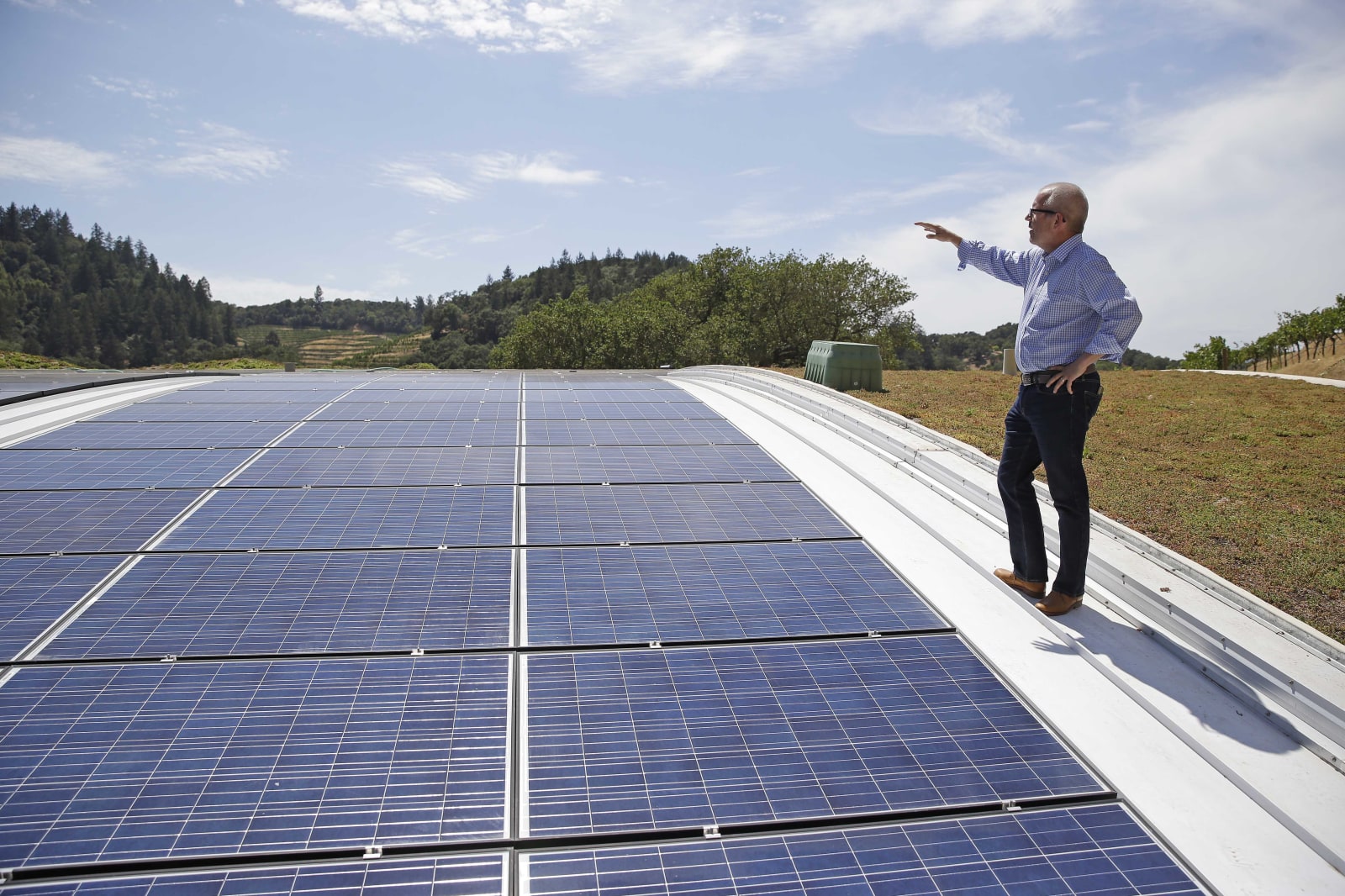 It would be impractical to count the number of solar panels in the US by hand, and that makes it difficult to gauge just how far the technology has really spread. Stanford researchers have a solution: make AI do the heavy lifting. They've crafted a d...
It would be impractical to count the number of solar panels in the US by hand, and that makes it difficult to gauge just how far the technology has really spread. Stanford researchers have a solution: make AI do the heavy lifting. They've crafted a d...
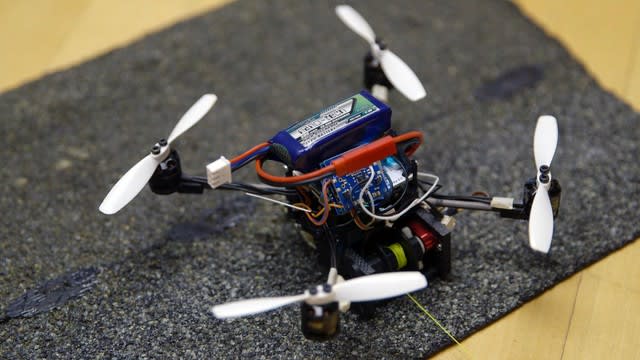 If you ask these tiny drones, "Do you even lift, bro?" you will get a resounding yes. Researchers at Ecole Polytechnique Fédérale de Lausanne (EPFL) in Switzerland and Stanford University have developed a line of small flying bots that...
If you ask these tiny drones, "Do you even lift, bro?" you will get a resounding yes. Researchers at Ecole Polytechnique Fédérale de Lausanne (EPFL) in Switzerland and Stanford University have developed a line of small flying bots that...
 We use lasers for a lot of things, from cutting metal to improving eyesight, but lasers have their limitations. One major holdup is that they can only emit certain types of light. Researchers have gotten around this particular limitation by using wha...
We use lasers for a lot of things, from cutting metal to improving eyesight, but lasers have their limitations. One major holdup is that they can only emit certain types of light. Researchers have gotten around this particular limitation by using wha...
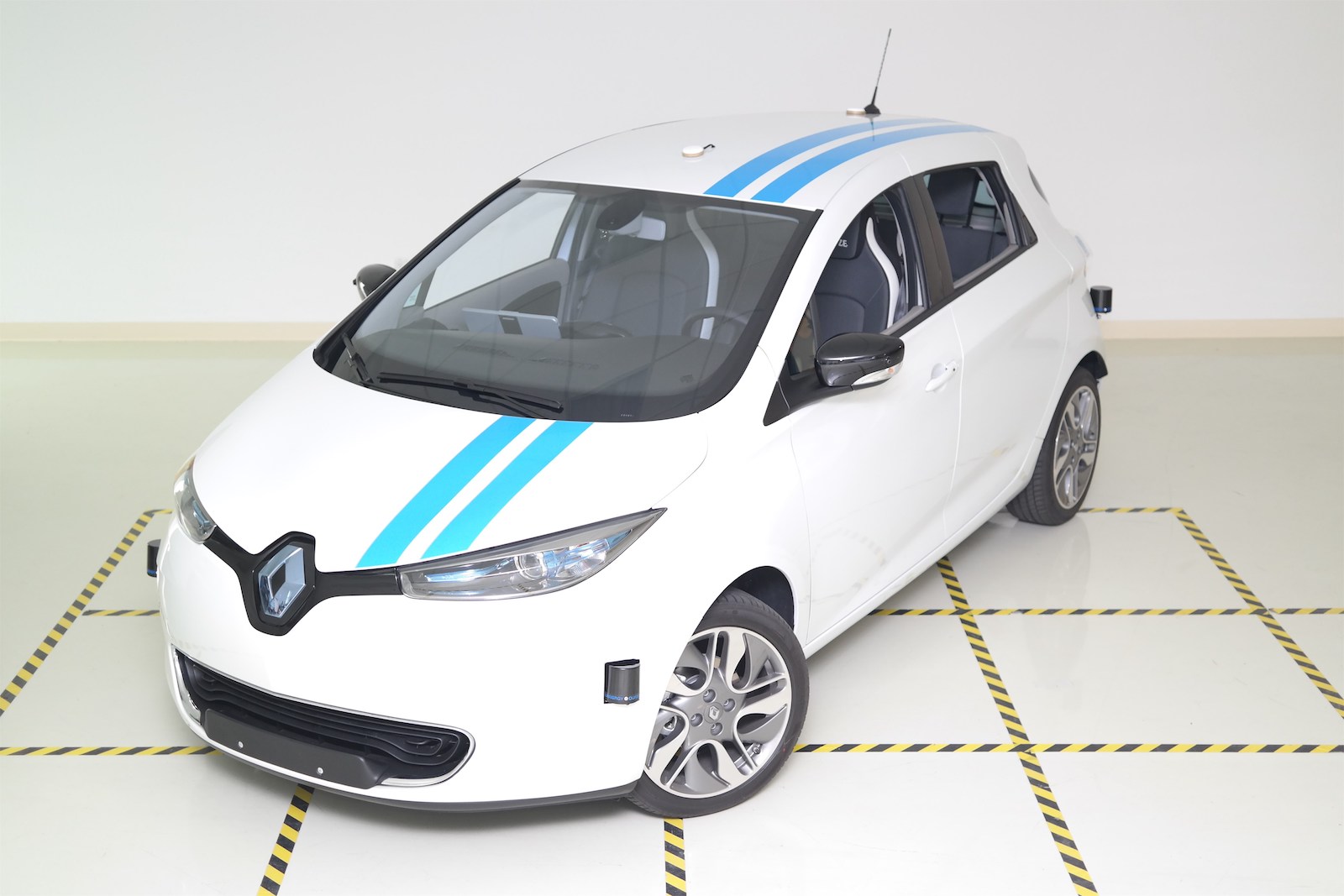 The Renault Group announced today that its autonomous vehicle control system can avoid obstacles just as well as professional test drivers. The company said that in designing the system, it was actually inspired by these drivers' abilities and used t...
The Renault Group announced today that its autonomous vehicle control system can avoid obstacles just as well as professional test drivers. The company said that in designing the system, it was actually inspired by these drivers' abilities and used t...
 Programmed stem cells promise to tackle all kinds of illnesses, but there's one catch: making them. It's hard to cultivate large numbers of them, and the need to grow them on 2D surfaces isn't very practical. That's where researchers might come to th...
Programmed stem cells promise to tackle all kinds of illnesses, but there's one catch: making them. It's hard to cultivate large numbers of them, and the need to grow them on 2D surfaces isn't very practical. That's where researchers might come to th...
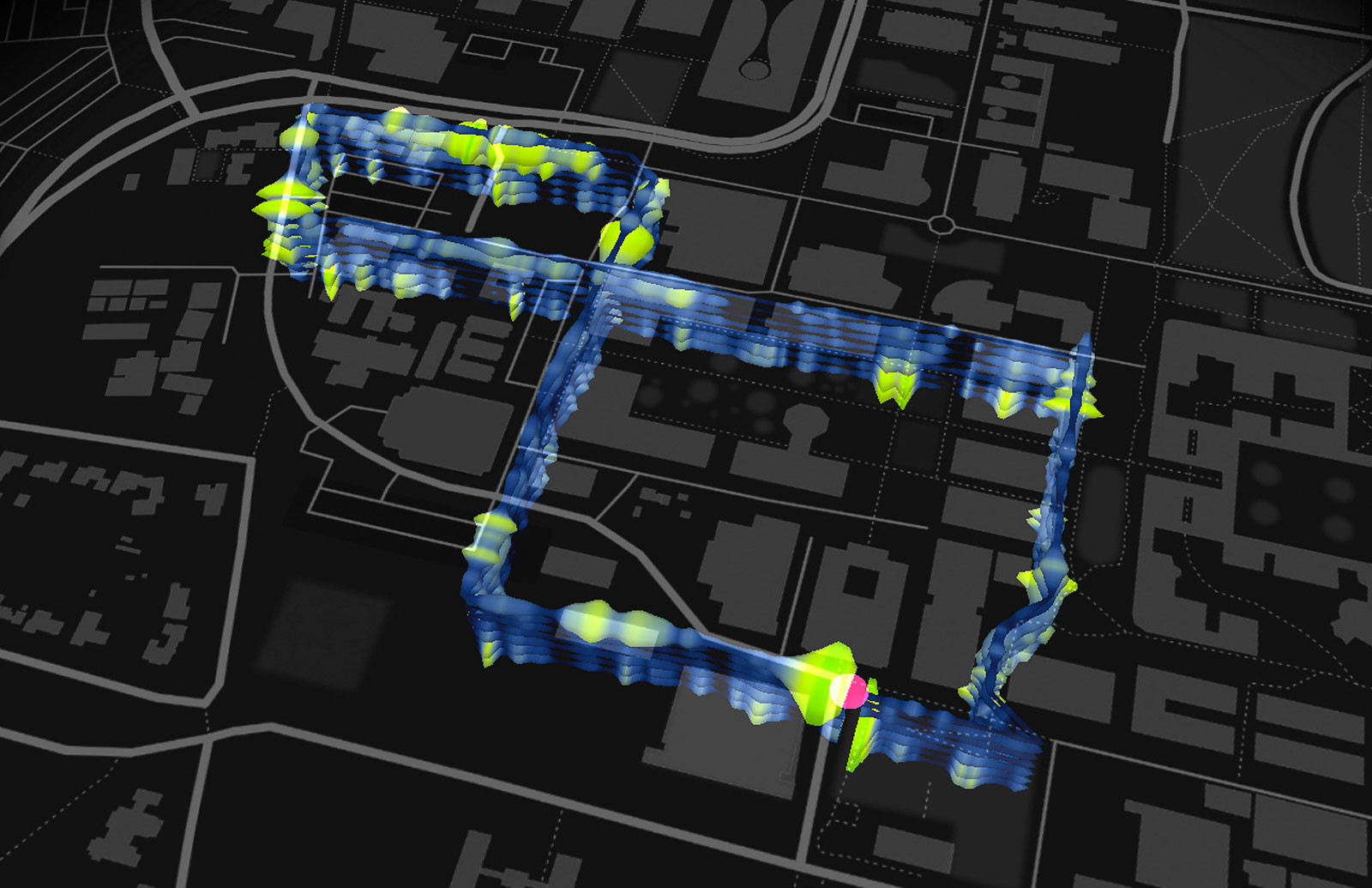 You might not need an extensive sensor network or a host of volunteers to detect earthquakes in the future -- in fact, the lines supplying your internet access might do the trick. Researchers have developed technology that detects seismic activity t...
You might not need an extensive sensor network or a host of volunteers to detect earthquakes in the future -- in fact, the lines supplying your internet access might do the trick. Researchers have developed technology that detects seismic activity t...
 Gravitational lensing is when the image of a distant object in space -- like a galaxy, for example -- is distorted and multiplied by the gravity of a massive object, such as a galaxy cluster, lying in front of the smaller, faraway object. It's a usef...
Gravitational lensing is when the image of a distant object in space -- like a galaxy, for example -- is distorted and multiplied by the gravity of a massive object, such as a galaxy cluster, lying in front of the smaller, faraway object. It's a usef...